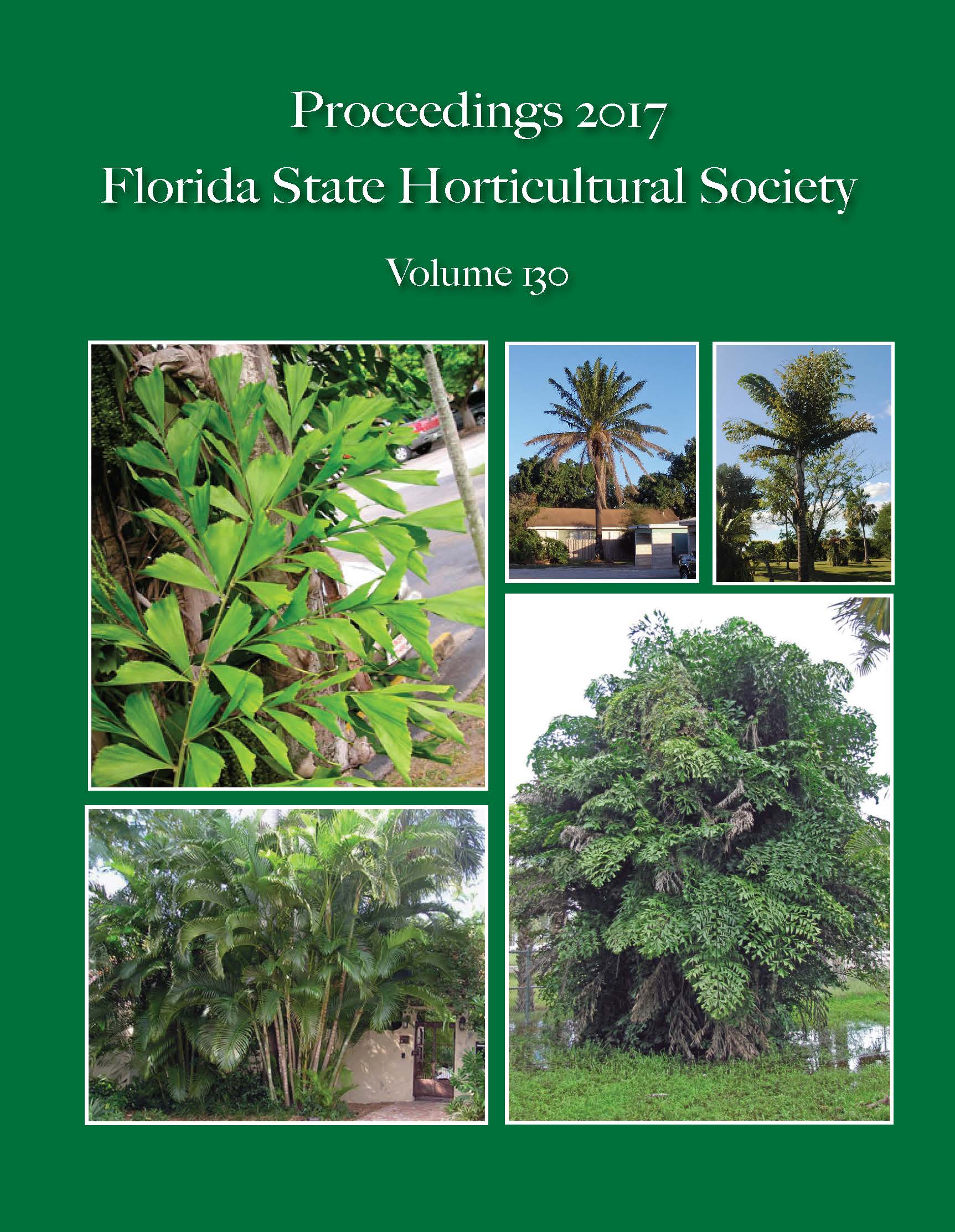Abstract
Laurel wilt disease, incited by Raffaelea lauricola, has resulted in the death of more than 300 million laurel trees (Lauraceae) in the United States. Onesuch tree is the commercially important avocado (Persea americana), the second largest tree crop in Florida other than citrus (Citrus sp.). This disease affects the industry in South Florida and two larger avocado industries in Mexico and California have taken notice. Trees succumb soon after infection, and once external symptoms are evident, the disease is very difficult to control and contain as the pathogen can spread to adjacent trees via root grafting. Presently, there is no viable, cost-effective method of early diagnosis and treatment. This study was undertaken to evaluate the use of scent-discriminating canines (Canis familiaris) for the detection of laurel wilt–affected wood from avocado trees. Three canines, one Belgian Malinois and two Dutch Shepherds, were trained and studied for this ability. In addition, prevailing weather conditions were recorded and evaluated to determine their effect on canine performance. The results of this evaluation indicated that canines can detect laurel wilt–affected wood and the laurel wilt pathogen and may be useful in the detection of laurel wilt–diseased trees in commercial groves.

